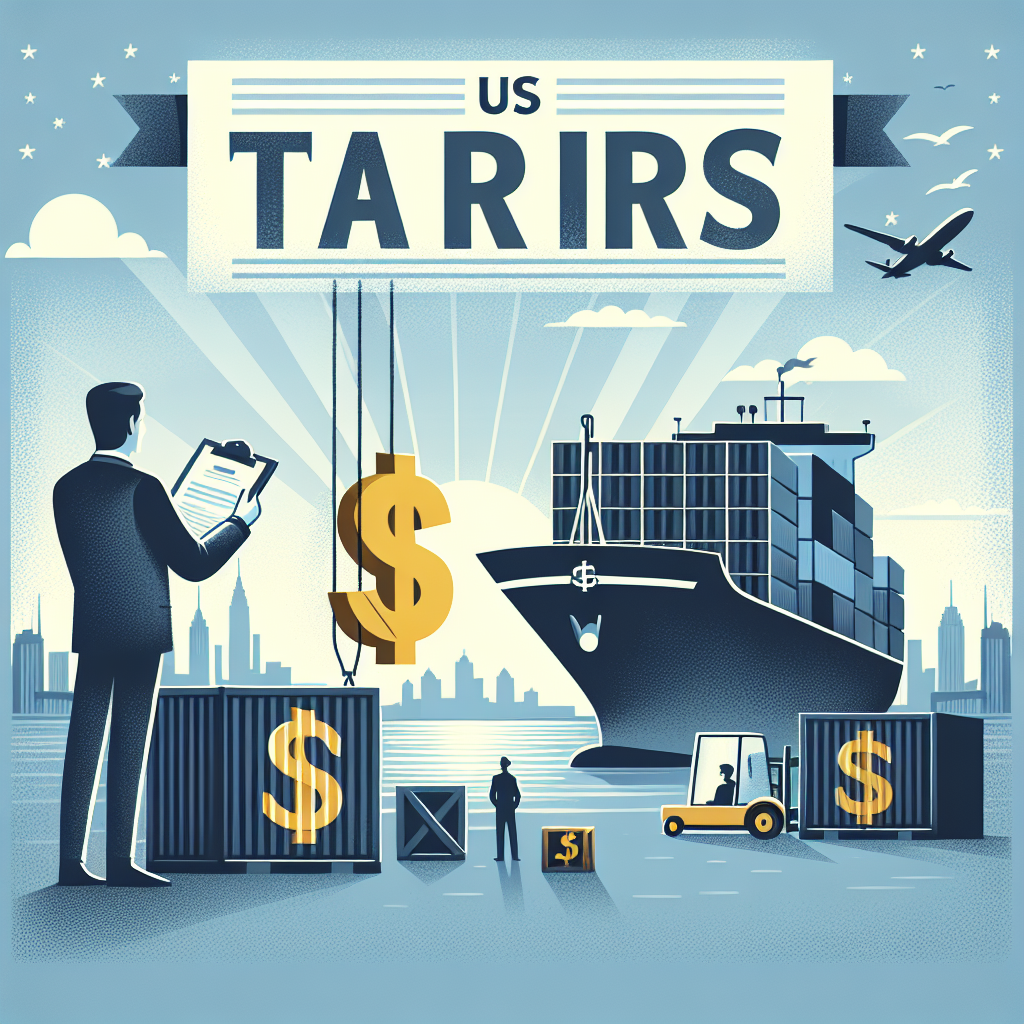Trump's Tariff Turmoil: Impact on Wall Street and Global Markets
Wall Street futures saw subdued movement with auto stocks declining after President Trump's announcement of new tariffs on imported cars and parts. This move sparked concerns among investors about potential disruptions to supply chains, inflation pressures, and global economic growth. Analysts remain cautious as tensions in trade policies persist.

President Donald Trump's latest tariff announcement targeting imported cars and parts has cast a shadow over Wall Street, with auto stocks dipping in response. Trump unveiled plans to impose 25% tariffs effective next week, impacting automakers reliant on extensive supply chains across North America.
Stock performance took a hit as General Motors and Ford experienced dips of 6.8% and 2.8% respectively, while parts makers Aptiv and BorgWarner saw slight declines. Tesla's shares held steady in volatile trading following a significant drop earlier. International automakers in Japan, Europe, and South Korea, major exporters to the U.S., also recorded declines.
The overarching uncertainty stems from Trump's unpredictable trade policies, with fears about disrupted supply chains and a potential rise in inflation. Despite hints of flexibility in future measures, market analysts like Kyle Rodda warn of prolonged ramifications on global trade, keeping investors wary.
(With inputs from agencies.)
ALSO READ
Tensions Escalate as US-Houthi Conflict Disrupts Global Trade
Global Investors: A Shift in Focus to Europe and China Amid U.S. Market Jitters
China Boosts Consumption with Expanded Trade-In Scheme Amid Global Trade Tensions
Alaska Courts Japanese Investors Amid Energy Ambitions
Wall Street's Rebound: Investors Navigate Uncertain Seas Amid Economic Fluctuations










